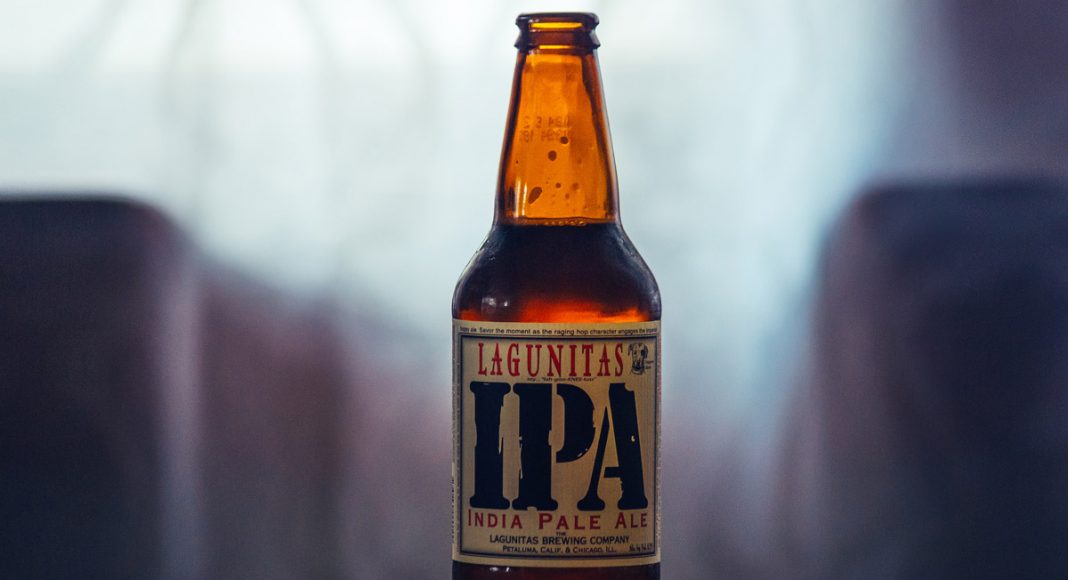One craft beer expert believes major beer distributors are vastly undervaluing the potential of the bubbling cannabis market. Though cannabis has been likened to craft beer before by industry experts, the founder of Lagunitas Brewing Co. believes those experts are missing the point.
“I think [cannabis] is going to be way, way, way, way bigger,” Tony Magee said.
This opinion comes in conjunction to The Aspen Times reporting that in 2017 cannabis dispensaries pulled in more revenue locally than liquor stores. Out of the combined $730.4 million the city of Aspen accounted for in taxable revenue, cannabis purveyors pulled in $11.3 million, while their liquor counterparts accrued $10.5 million.
-
Related Story: Weed As The New Craft Beer? This Bud’s For You
Nationally, those figures remain farther apart for obvious reasons. In 2016, the craft beer industry sold slightly over $23 billion in sales, while the cannabis industry generated $6.6 billion. It’s why Magee believes the cannabis industry can still learn from what the craft beer industry has already experienced.
Speaking at the National Cannabis Industry Association’s two-day Seed to Sale Show in Denver, Magee told cannabis entrepreneurs to prepare for the ups and downs the industry will go through, including consolidation or “economic convulsions.”
“You’ve got to be thinking about this stuff today, while you’re in the boom time, that you plant the right sorts of seeds and grow the right kind of company that you can persevere into a future that will have constraints that are not present today,” he said.
Magee himself sold Lagunitas to Heinken just a few years ago. He said the move wasn’t selling out, but that “it was the necessary step not for today, but to prepare ourselves for the world coming 10 years from now. You need a big brother.”
-
Related Story: 5 Infused Beers That May Or May Not Get You High
As the industry expands, independent cannabis retailers and growers have expressed concern over two issues: 1) larger corporations dominating and 2) players from tobacco or pharmaceutical fields swooping up the competition. Magee says that might not be a bad thing, as their support might help influence policymakers in Washington.
“They’re your best friend from a legalization standpoint,” he said. “You need to be their biggest enemy once they come into the market. But you only do that by being way, way, way ahead of them, and they’re pretty smart people.”


